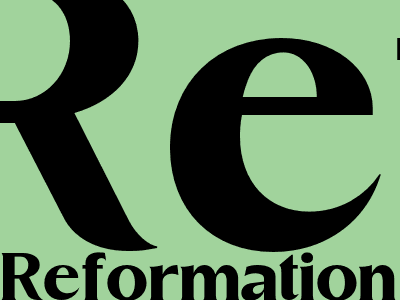
Reformation Day: A Historical Event that Divided Christianity
Introduction
Reformation Day is a significant event in Christian history, commemorating the day when Martin Luther, a German theologian, is believed to have nailed his Ninety-five Theses to the door of the Wittenberg church on October 31, 1517. This act sparked the Protestant Reformation, a religious movement that challenged the authority of the Catholic Church and led to the establishment of Protestantism.
Martin Luther and the Ninety-five Theses
Martin Luther was a Catholic priest who became critical of the Church's practices, particularly its emphasis on indulgences, which were payments made to the Church to reduce the time spent in purgatory after death. He believed that salvation could only be achieved through faith in Jesus Christ, not through the purchase of indulgences.
On October 31, 1517, Luther is said to have nailed his Ninety-five Theses, a list of objections to the Church's practices, to the door of the Wittenberg church. These theses challenged the authority of the Pope, the sale of indulgences, and other Catholic doctrines.
The Protestant Reformation
Luther's Ninety-five Theses sparked a widespread movement known as the Protestant Reformation. Protestantism is a branch of Christianity that originated from the beliefs of Martin Luther and other reformers who challenged the Catholic Church's authority.
Key Beliefs of Protestantism
Protestantism emphasizes the following key beliefs:
- Salvation by faith alone, rather than through good works or the purchase of indulgences.
- The Bible is the sole source of religious authority, rather than Church tradition.
- Every Christian has direct access to God through prayer, without the need for a priest or other intermediary.
Impact of the Reformation
The Protestant Reformation had a profound impact on European history, leading to religious wars, political upheaval, and the rise of nation-states.
Today, Reformation Day is a public holiday in several countries, including Germany, Sweden, and Norway. It is a day to commemorate the significant event that led to the establishment of Protestantism and the division of Christianity.